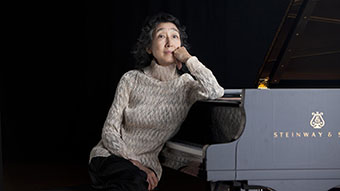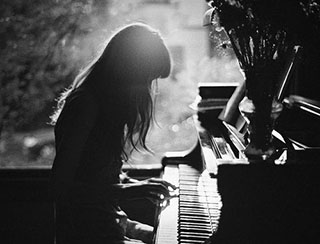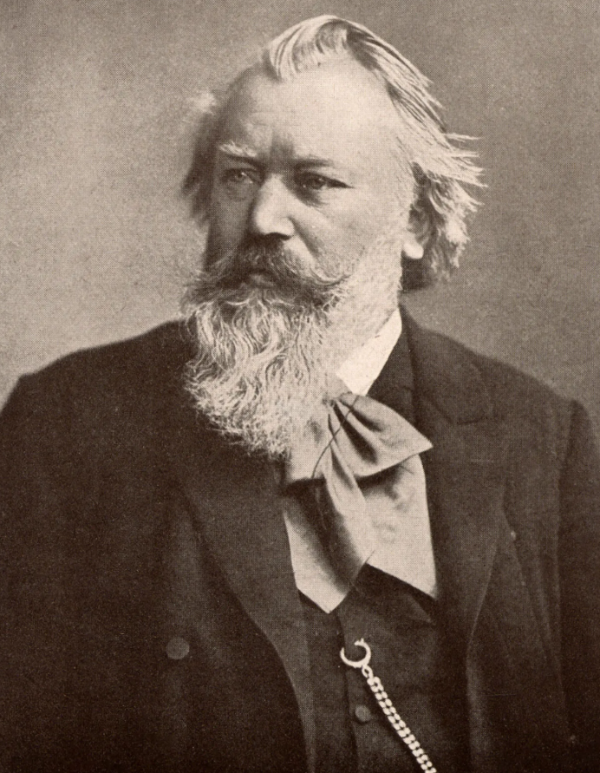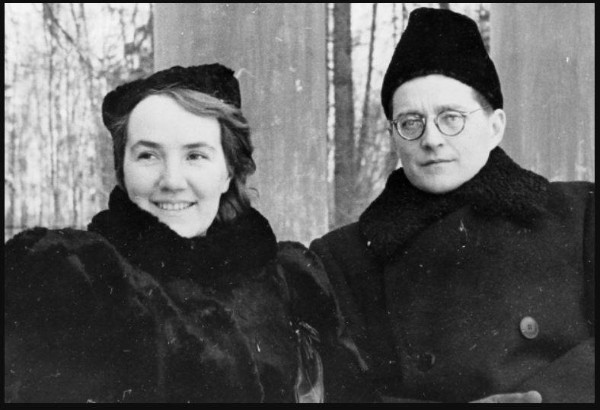I love to be able to play badly alone – pianist Mitsuko Uchida (from an interview with journalist Joshua Barone)
Schubert: Piano Sonata No. 21 in B-Flat Major, D. 960 – IV. Allegro ma non troppo (Mitsuko Uchida, piano)

Mitsuko Uchida
Confined to our homes during the widespread lockdown to try and slow the spread of coronavirus, many of us are enjoying a period of enforced practising (a few of my pianist friends have teamed up using the Acapella app to play duets or 2-piano works, but it’s quite tricky to do this with successful results). Pianists are very used to being alone; solitariness is a natural state to the pianist, unlike other musicians who may be missing their ensemble partners and orchestral colleagues during this time of social and physical distancing. However, this period of enforced sequestration, while offering extra time to learn new and finesse existing repertoire, may not be ideal for the professional pianist whose working life is so closely allied to a busy diary of concerts for which music must be learnt and prepared. “I’ve only dabbled at the keyboard” a concert pianist friend wrote in a recent email to me. Another pianist friend complained that without concerts to prepare for, there was “no point” in practising, and, sadly, I know she is not alone in feeling this.
Amateur pianists meanwhile are rejoicing in this extra time and “dabbling” at the keyboard – snatching precious time to practice in between the commitments of work and family life – has been replaced by, for some, serious amounts of practising. For me, and I am sure others like me, one of the great pleasures of sitting at one’s piano with a stack of music on the lid or in the bookcase, waiting to be explored, is the opportunity to ramble through music and, to quote Mitsuko Uchida, “play badly alone”.
 When it’s just you, the instrument and the music, there is no one to judge, critique or comment – and if you liberate yourself from the pressure to play perfectly and the toxic inner critic, you can play with abandon and as badly as you like. Curiously, I find being given the permission to play like this often produces surprisingly encouraging results: I cruise, seemingly effortlessly, through sections which previously seemed intractable; particularly finger-twisting passages are executed with technical ease, and the music comes to life surprisingly imaginatively. It’s as if by not overthinking the music and letting go, we can actually bring greater creativity and expression to it.
When it’s just you, the instrument and the music, there is no one to judge, critique or comment – and if you liberate yourself from the pressure to play perfectly and the toxic inner critic, you can play with abandon and as badly as you like. Curiously, I find being given the permission to play like this often produces surprisingly encouraging results: I cruise, seemingly effortlessly, through sections which previously seemed intractable; particularly finger-twisting passages are executed with technical ease, and the music comes to life surprisingly imaginatively. It’s as if by not overthinking the music and letting go, we can actually bring greater creativity and expression to it.
Mozart: Piano Sonata No. 16 in C Major, K. 545, “Sonata facile” (András Schiff, piano)
Playing badly might be regarded as negative practising, but I believe any time spent at the instrument is useful, so long as one is not playing mindlessly or mechanically. Playing badly alone also gives one the opportunity to play purely for pleasure – and even concert pianists of the calibre of Mitsuko Uchida need to feel less than perfect on occasion and to be reminded of the pleasure of playing the piano, without the burden of deliberate practising.



